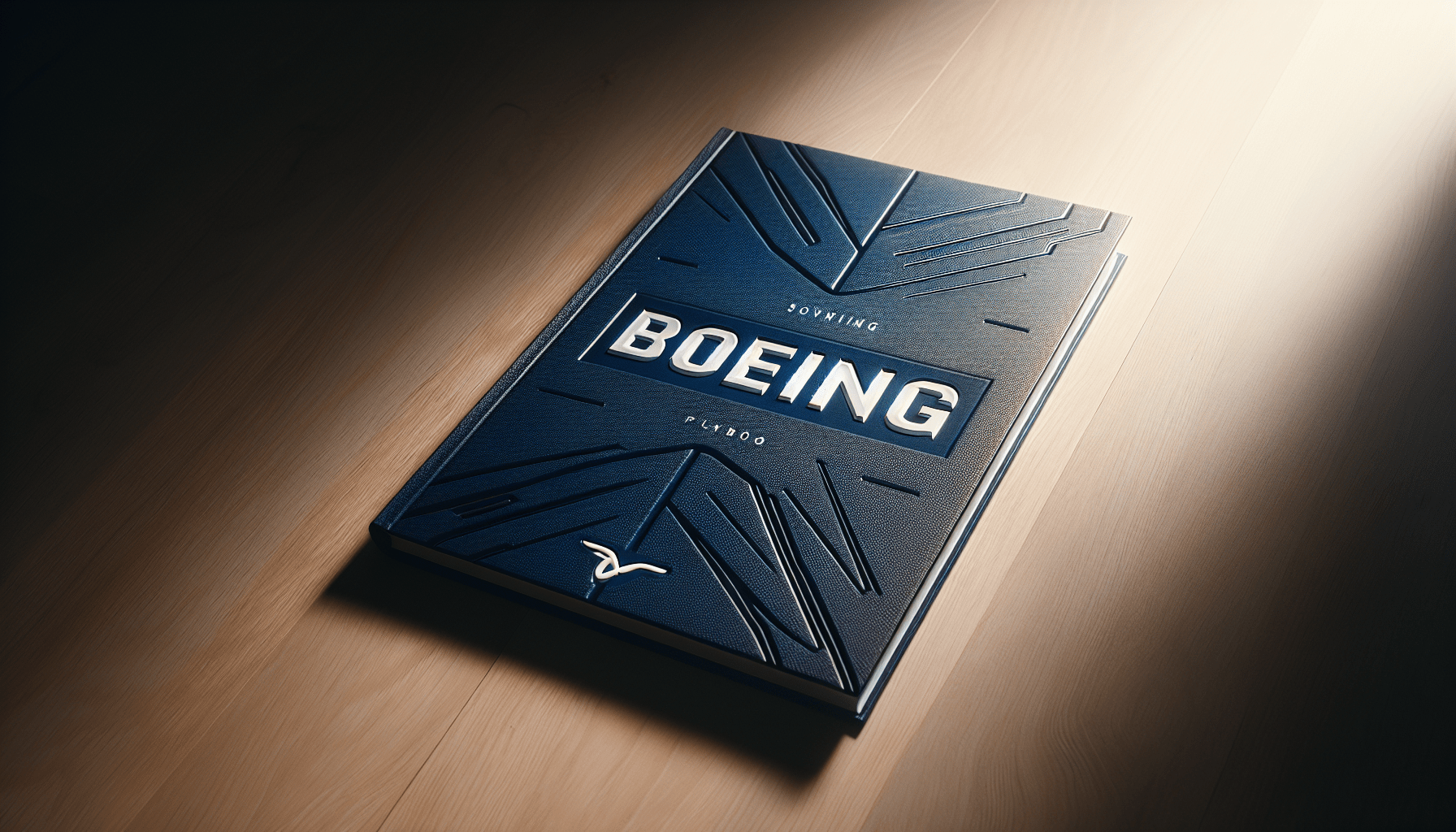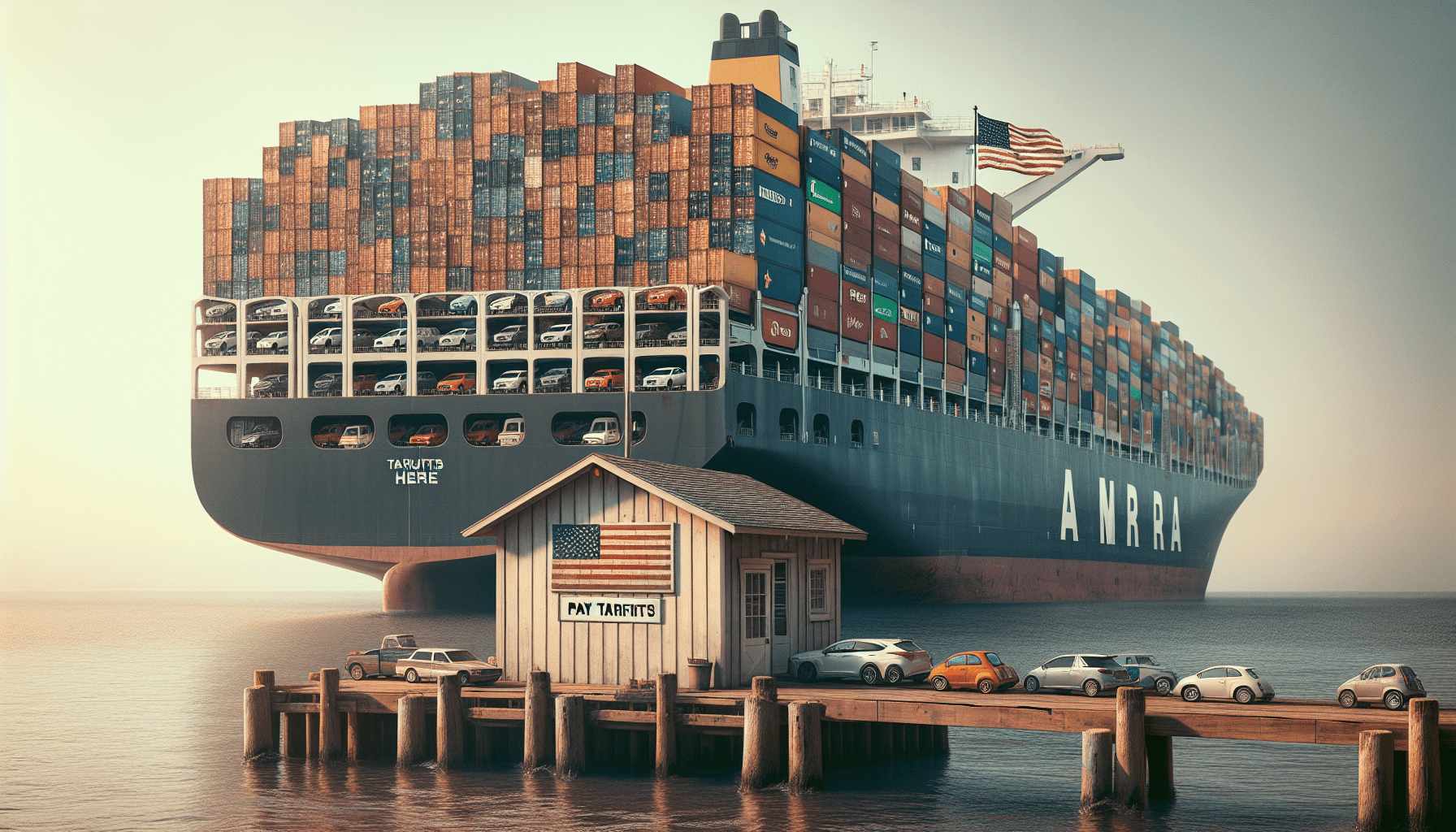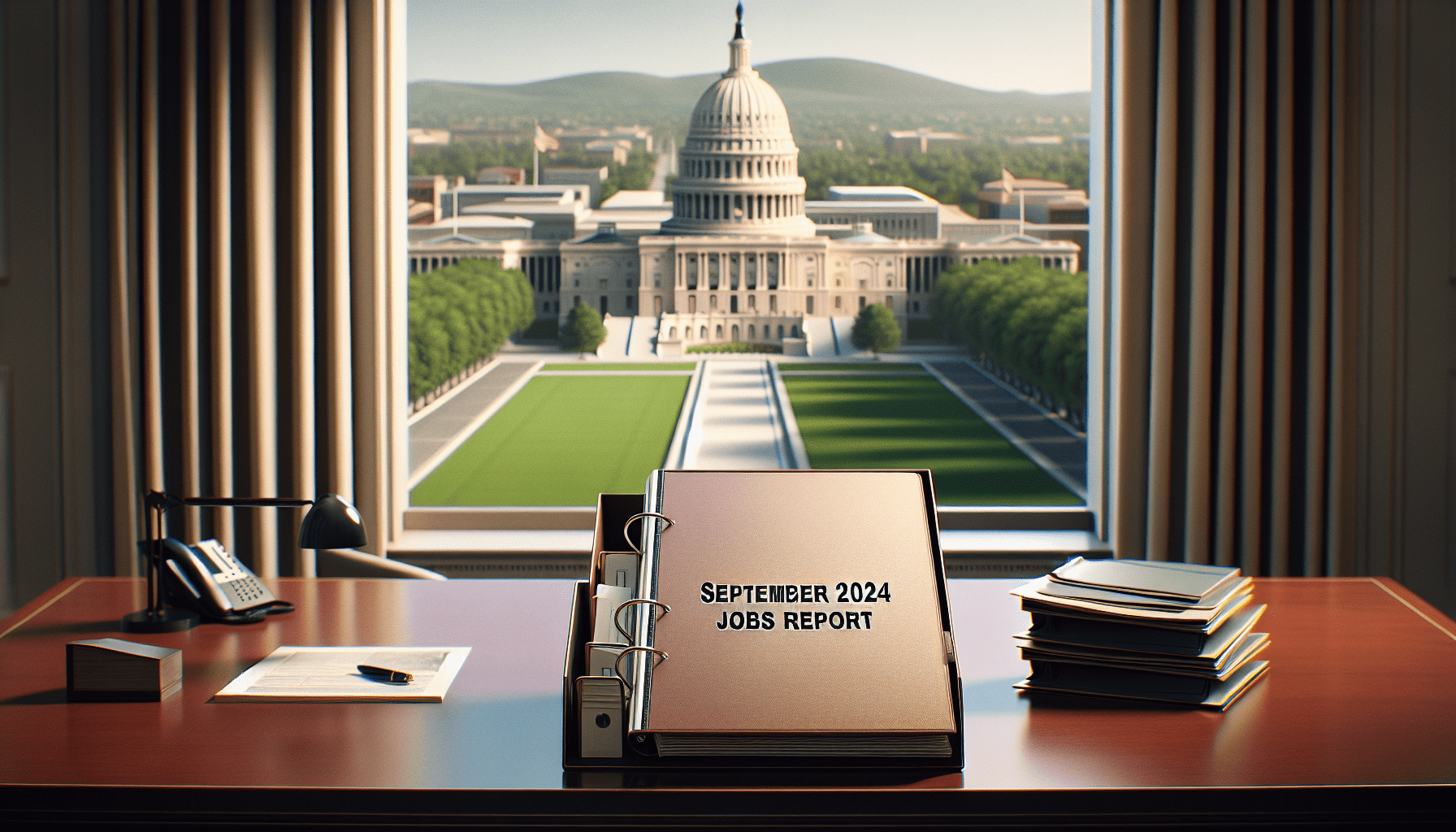Boeing’s Silver Linings Playbook
Despite a relentless string of bad news, we see a light at the end of the runway

The storm clouds gathered over Boeing may have a silver lining—albeit a bit tarnished.
But before we explore the aerospace company’s possible salvation, let’s survey its nearly endless string of predicaments. The problems have been piling up in rapid succession for at least six years, yet unfavorable news is still breaking this week.
Think of those two astronauts now marooned in space because NASA lost confidence in the Boeing-built Starliner that took them there. America’s space administration doesn’t trust the spacecraft to bring them back to Earth.
The fiasco began when space travelers Butch Wilmore and Suni Williams embarked upon a 10-day mission. But instead of returning as planned, they’re presently looking to kill time for something like eight months on the International Space Station.
They might be back on our home planet by February—but probably not before. That’s how long it will be before rival SpaceX can mount the right kind of effort to rescue them.
Still, their extraterrestrial ordeal was about to get a bit worse. Last week, the two astronauts began hearing what they called a “strange noise” emanating from the Starliner.
The uncomfortable sounds probably didn’t do much to maintain their confidence in the enterprise. They’d already been coping with propulsion issues and helium leaks.
Anyway, NASA explained Monday in somewhat dense tech jargon that the astronauts were hearing something almost benign. Some reports called it “a speaker feedback loop between the space station and Starliner.”
But that wasn’t the only Boeing story this week—far from it. How about that threat of a massive labor walkout?
Contract dispute
As many as 32,000 Boeing workers could join picket lines outside the company’s plants. News about the potential walkout broke as early as Monday.
The contract with the International Association of Machinists is due to expire Sept. 12. Without a new agreement, the workers who build its planes in Washington state are set to start the company’s first strike in 16 years.
Right now, the chances of a deal don’t look good, the head of the local union told CNN. “We’re far apart is on all the main issues—wages, health care, retirement, time off,” he said.
Count those workers as one of several groups with grievances against “the world’s largest aerospace company and leading manufacturer of commercial jetliners and defense, space and security systems,” as the company calls itself on its website.
Others include the stockholders, who’ve seen the company lose $35 billion in market capitalization. As of this writing, shares in Boeing have sunk to a 52-week low.
One of the problems contributing to the stock’s loss of value had to be the frightening incident that occurred early this year when a door plug blew off one of the company’s 737 MAX 9 jets at 16,000 feet.
Terror in the skies
No one was seriously injured on the Alaska Airlines flight that had departed Portland, Oregon, but imagine how passengers felt when the defective door plug blew out, leaving a hole left in the fuselage that decompressed the cabin and sucked the headrests off the seats.
The sizable door plug landed in the backyard of a Portland, Oregon, high school science teacher. The plane was just two months old, according to reports, and the Federal Aviation Administration ordered the grounding of similarly configured Boeing 737 Max 9 aircrafts.
A week later, one of Japan’s All Nippon Airways flights turned around and went back to its departure airport after a crack was discovered in a cockpit window of the 737-800 aircraft. Once again, no one was seriously injured.
But the casualties mounted tragically a few yeas ago in two Boeing jet crashes that took place less than five months apart.
All 189 passengers on a Lion Air flight died after the aircraft crashed into the Java Sea 13 minutes after taking off from Jakarta, Indonesia, the BBC reported.
In March 2019, an Ethiopian Airlines flight crashed six minutes after take-off from the Ethiopian capital of Addis Ababa. All 157 onboard were killed, the news service said.
Families of some of the 346 who died in those two 737 Max crashes sued the company. The cases cost Boeing $24.8 billion but let it avoid criminal prosecution.
A lawyer for the families said two months ago in a letter to the Justice Department that the government should prosecute officials who were leading the company at the time of the crashes, including then-CEO Dennis Muilenburg, the Associated Press reported.
Those victims have received a lot of press coverage, but they’re far from alone. As of February, 529 accidents and incidents involving different types of Boeing 737 aircraft have resulted in 5,779 fatalities over a long period of time, according to the Aviation Safety Network website.
These days, questions remain unanswered about two Boeing whistleblowers who died unexpectedly. A third said he was living in terror.
No one can bring back those who’ve lost their lives. But the company itself could continue to operate. It could rebound on its own or find an outside savior.
A brighter future?
The company could whip its problems and make a comeback, many observers agree.
Boeing maintains a dominant position in China, and when that country finds its way out of recession, it could bring the company along with it.
Globally, travel has made a post-pandemic comeback. That bodes well for a manufacturer of airliners, even if the travel craze continues its present cooling off period.
Boeing’s strong defense and space divisions, while not without their own challenges, also continue to provide a steady stream of revenue, helping to offset some of the turbulence in the commercial sector.
But if those trends aren’t enough to help the company regain its footing, it could become the recipient of even more funding than it already receives from the United States government.
That federal cash could flow into Boeing’s coffers because the company may fit the description of “too big to fail.” It employs 170,000 workers directly, and many others find jobs in related industries. Plus, the planes and weapons it produces for export offset part of the nation’s trade deficit with other countries.
The government also needs to keep Boeing operational because it designs and manufactures weapons vital to national defense and to the NATO alliance.
Those factors add up to what we mean by the silver lining on the clouds hanging above this manufacturing behemoth.
Ed McKinley is Luckbox editor-in-chief.



















